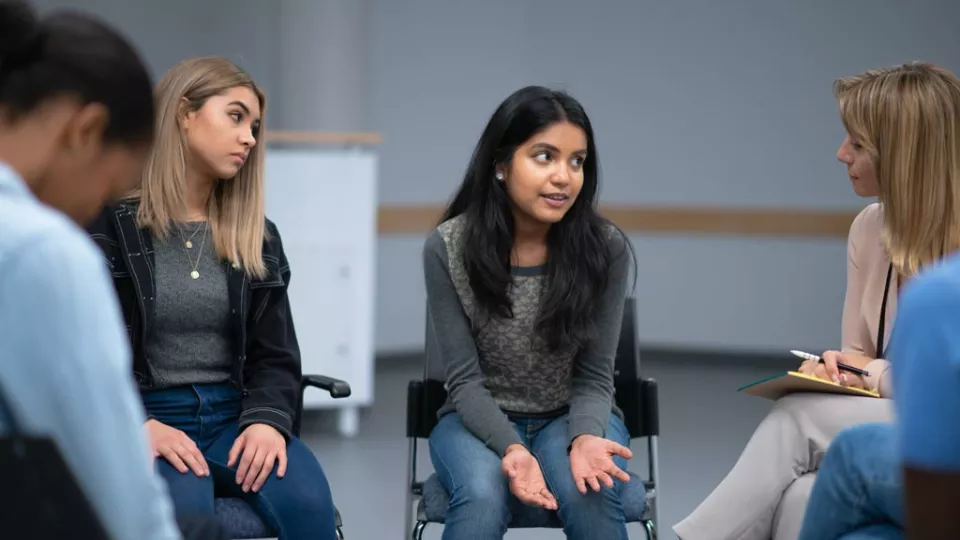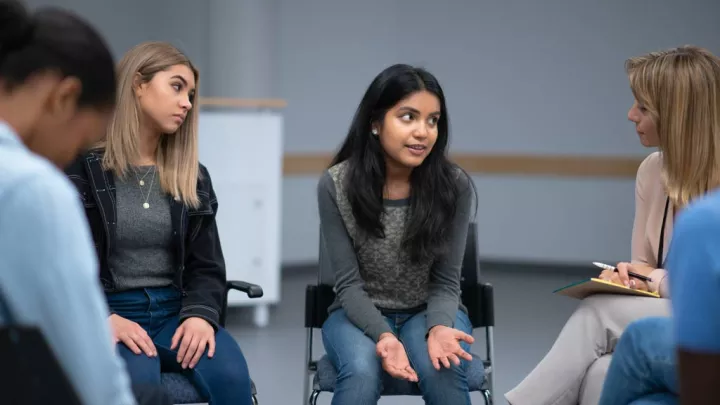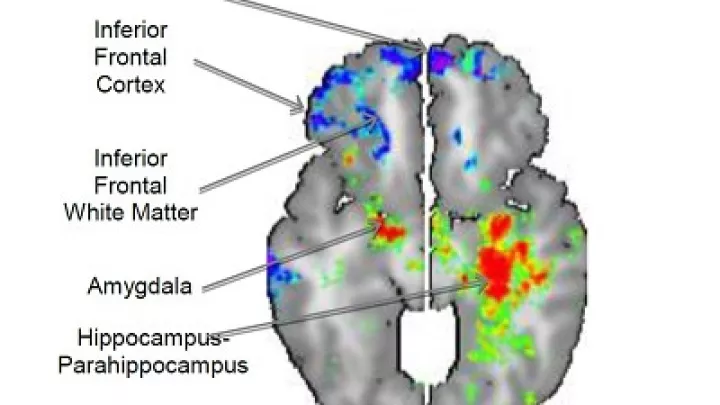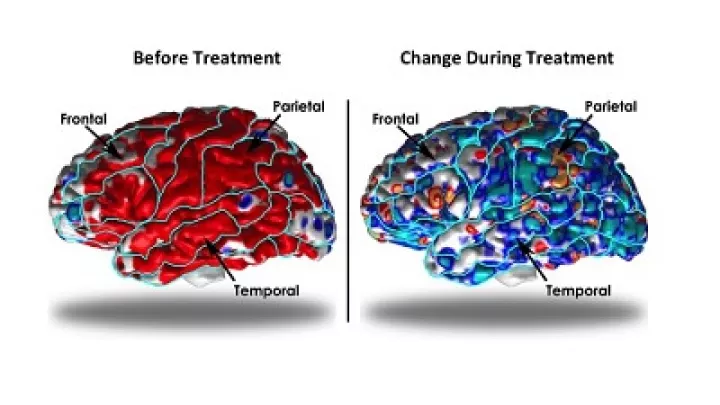
Anxiety in Today’s Youth: Children’s Hospital Los Angeles to Lead First Study to Compare Behavioral Therapy with Medication
Anxiety disorders affect one in five youth. Generally, a child is treated with either medication or cognitive behavioral therapy (CBT)--a form of talk therapy.
But despite the high prevalence of anxiety, there is no study-based evidence to compare the success rate of medication versus CBT. Some success has been demonstrated with each treatment type but not all patients respond sufficiently to a given therapy. If a child’s condition does not improve, medical professionals are left with the question of whether to continue with an intensified version of the current treatment or to add the other treatment.
“This is a clinical question for every single child who is treated for anxiety across the world,” says Bradley Peterson, MD, Chief in the Division of Child Psychiatry. “Many factors go into the decision of whether to begin with CBT or medication.”
When determining the course of care, clinicians and families must weigh considerations like cost of co-pays and the time commitment versus exposure to medicines.
Funding for the study comes from Patient-Centered Outcomes Research Institute, an independent, nonprofit organization authorized by Congress in 2010 to fund research that will provide patients, their caregivers and clinicians with the evidence-based information needed to make better-informed healthcare decisions. Together with some of the nation’s leading experts in youth anxiety, Dr. Peterson will compare treatment strategies.
“There hasn’t yet been a head-to-head comparison for treatment strategies in real-world settings,” says Dr. Peterson. “We are excited to be able to lay this foundation and finally answer these questions.”
The multi-center study will recruit 404 youth, predominantly from underserved communities across the greater Los Angeles area. In the first stage of the study, participants will be randomized to either receive CBT or medication. Participants will be assessed at 12 weeks. Those who do not go into remission will be reassigned either an increased level of treatment or switched to the other treatment method for another 12 weeks. Study results will provide medical professionals and families evidence-based guidance on how to proceed in treating anxiety.
With this participant pool, Dr. Peterson and his team hope to answer deeper questions, too. Factors like severity of anxiety, age or socioeconomic status of the patient, might affect the success rate of each treatment.
“If a child has more severe anxiety, for example, is it better to start with CBT or medication?” asks Dr. Peterson. “Then, if the first treatment doesn’t work, is it better to intensify current treatment or add the other treatment modality? The answers to these very important questions are unknown. Learning how each strategy affects treatment success could allow us to personalize our approach and treat each child more individually.”
In addition to Dr. Peterson, CHLA investigators include: Amy West, PhD, Glenn Takata, MD, Michele Kipke, PhD, Ravi Bansal, PhD, Bhavana Arora, MD, Brad Hudson, PhD, Stephanie Marcy, PhD, and Marie Poulson, PhD.
In addition to CHLA, sub-awardees include: The Department of Psychiatry at the Keck School of Medicine of USC, Kaiser Permanente, Virginia Commonwealth University, Harvard University, University of California San Diego, Los Angeles County Hospital, Hathaway-Sycamores Children and Family Services, Children’s Bureau, Pacific Coast Psychiatric Associates, AltaMed, and Children’s Hospital Los Angeles Care Network.


